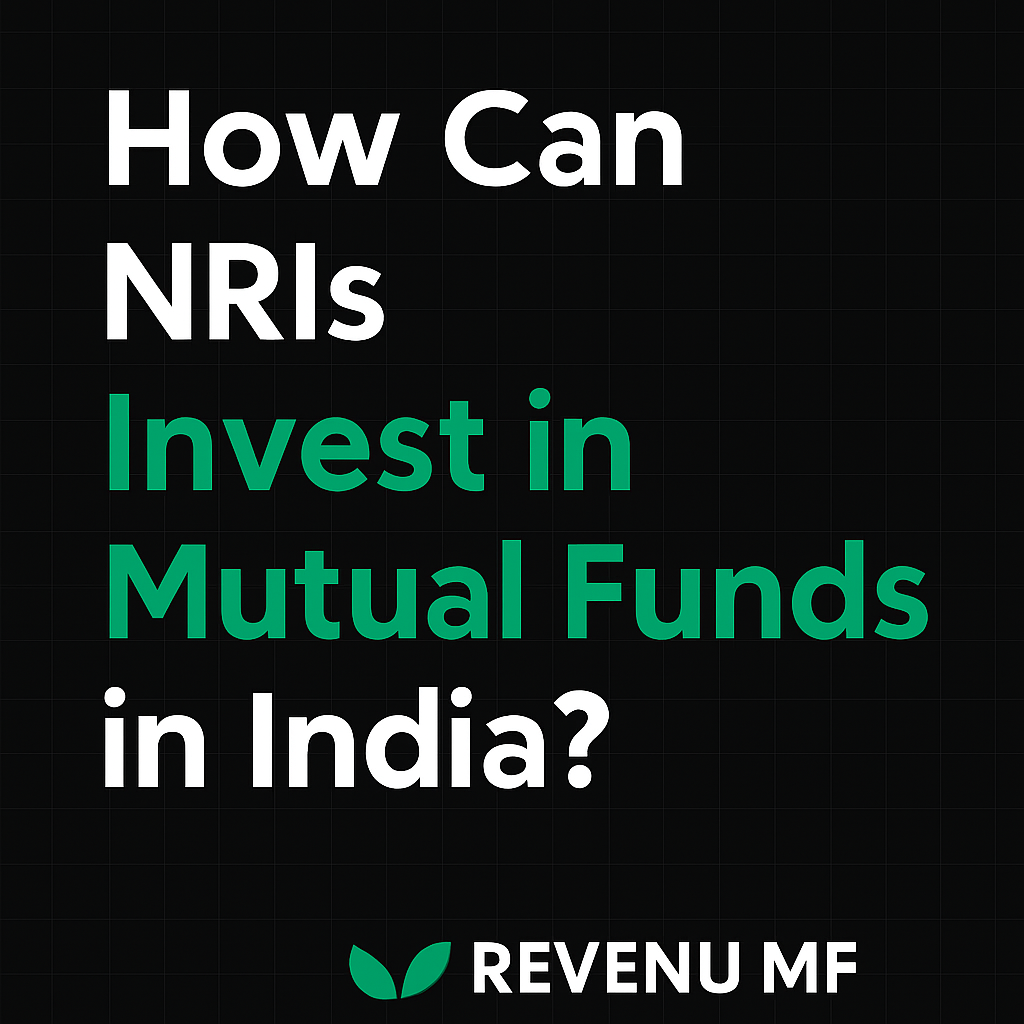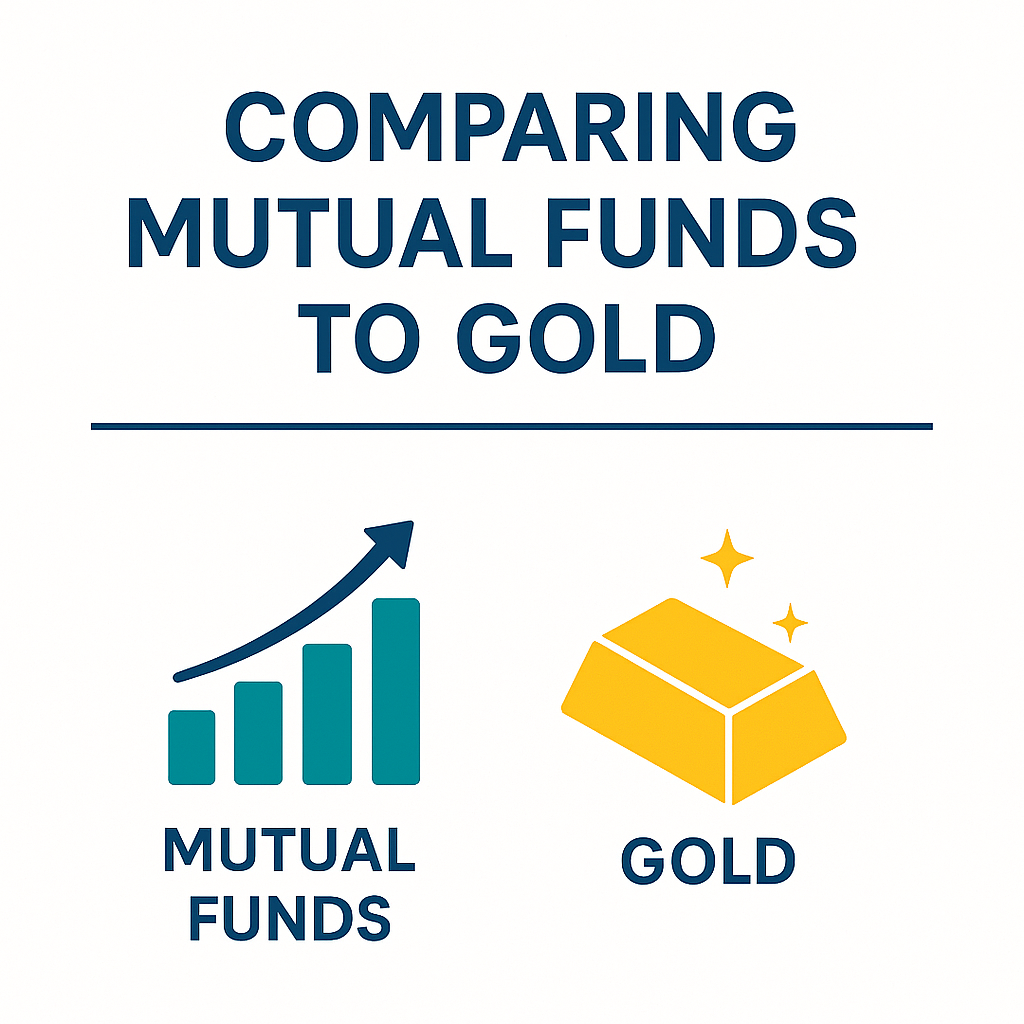I'm always excited to take on new projects and collaborate with innovative minds.
+91 9405157743
Sukhmal Mutual Fund Distributors Private Limited
Office No 815, Office Tower, Homeland city Piplod, Surat
I'm always excited to take on new projects and collaborate with innovative minds.
+91 9405157743
Sukhmal Mutual Fund Distributors Private Limited
Office No 815, Office Tower, Homeland city Piplod, Surat
Compare mutual funds, stocks, FDs and gold to find the best investment option for your financial goals.

Are you ready to dive into the world of investments but feeling a bit overwhelmed by all your options? Don't worry; you're not alone! Whether you're a seasoned investor or just getting started, understanding the differences between mutual funds, stocks, fixed deposits (FDs), and gold investments is crucial. Each option comes with its own set of benefits and risks. In this blog, we'll break down these investment types to help you find the perfect match for your financial goals.

At its core, a mutual fund is a pool of money collected from many investors to invest in securities like stocks, bonds, money market instruments, and other assets. Picture it as a team effort where people combine their resources to reach a common goal. This pooled money is managed by a professional fund manager who aims to produce gains for the investors. Here are some key features of mutual funds:
- Professional Management: Expert fund managers select investments and oversee the portfolio.
- Diversification: Mutual funds invest in a wide array of assets, reducing the risk of loss.
- Liquidity: Most mutual funds allow you to redeem your shares at any time, making them a flexible investment.
- Accessibility: Whether you have a small or large amount to invest, mutual funds are accessible to all kinds of investors.
There is a wide range of mutual funds available, tailored to different risk appetites and investment goals. Here are some common types:
- Equity Funds: Invests primarily in stocks. It's suitable for investors seeking high growth potential and willing to take higher risks.
- Fixed-Income Funds: Focuses on investments like bonds that pay a fixed rate of return, ideal for investors seeking stable income.
- Balanced Funds: A mix of stocks and bonds, offering a moderate risk option with balanced growth and income potential.
- Index Funds: Aims to replicate the performance of a specific index, offering broad market exposure with lower management fees.
- Money Market Funds: Invests in short-term debt securities, known for their high liquidity and low risk.
Now, let's shift gears and see how mutual funds compare to one of the most direct forms of investment: stocks.
When it comes to investment risk in India, mutual funds and stocks offer very different experiences. Investing in individual stocks means purchasing shares of a single company, which can lead to high volatility and unpredictable price movements. This makes stock investing inherently riskier. In contrast, mutual funds pool money into a diversified portfolio of stocks, bonds, and other securities, reducing the impact of any single investment’s poor performance. Thanks to this built-in diversification, mutual funds are often considered safer investment options in India, especially for beginners looking for more stable returns compared to direct stock trading.
One of the reasons many investors flock to stock markets is the potential for substantial returns. Stocks, particularly those of high-growth companies, can sometimes see explosive growth. However, this comes with the greater risk mentioned earlier. Mutual funds, while generally providing more modest returns compared to individual high-growth stocks, offer a more balanced approach. Since they are managed by professionals who strategize to achieve the best returns feasible, they can potentially yield a steady return over time. This makes them particularly attractive to cautious investors who prefer stability.
Diversification is one of the biggest benefits when mutual funds vs individual stocks in India are compared. When you invest in the stock of a single company, your gains depend directly on the performance of that company. If the company performs well, your investment appreciates—but if it fails, your whole portfolio may suffer. Conversely, Indian mutual funds provide diversification within the fund, diversifying your investment across a range of stocks, bonds, and other assets. This minimizes investment risk and safeguards you against substantial losses should a particular asset perform poorly. For an individual new to investing in India or just seeking safer investments, mutual funds offer a great starting point with diversification advantage from day one. Whether you're planning for long-term wealth generation, risk-free investments, or simply don't want all your eggs in the same basket, mutual funds are the real-world solution. Finally, whether to invest in stocks or mutual funds is a matter of your investment strategy, risk appetite, and financial goals. Later on, we shall discuss why mutual funds are better than other investments in India such as Fixed Deposits (FDs) and Gold so that you can make smart investment choices for your financial future.
When it comes to choosing investment options, both mutual funds and Fixed Deposits (FDs) regularly come up in conversation. They each offer unique benefits, but also have their limitations. Let’s dive into how these two popular investment vehicles stack up against each other.
At the forefront of most investors' minds is security, especially for those who prefer a more risk-averse strategy. Fixed Deposits are renowned for their security and stability. When you invest in an FD, your money is locked in for a set period at a fixed interest rate. This makes it a reliable choice if you are looking to preserve your capital. Banks and financial institutions also provide insurance on FDs up to a certain limit, making them extremely low-risk investments. On the flip side, mutual funds, especially equity mutual funds, carry market risk. The value of mutual funds can fluctuate based on market conditions. However, this doesn't mean they are unsafe. Diversified portfolios and professional management help mitigate some of these risks, making them a balanced choice for those willing to tolerate a bit of uncertainty for potentially higher returns.
One of the core distinctions between FDs and mutual funds lies in how returns are generated. Fixed Deposits offer a guaranteed interest rate, which means you know exactly how much you'll earn by the end of the term. This predictability is appealing to many, though it comes with the downside of potentially lower returns compared to other investment options. In contrast, mutual funds don't promise fixed returns. Instead, your gains depend on the fund's performance in the market. While this might sound risky, mutual funds, particularly equity funds, have historically provided higher returns over the long term compared to FDs. The potential for compounded growth makes them attractive to investors focusing on wealth accumulation.
Liquidity, or the ease of accessing your money, is another crucial factor to evaluate. Fixed Deposits typically have a fixed tenure, and withdrawing funds before maturity may attract penalties or reduced interest. This means you need to be quite certain of your investment horizon when opting for an FD. Mutual funds offer more flexibility in terms of liquidity. Open-ended mutual funds allow you to redeem your units any time, without penalties, although market conditions at the time can affect the value you receive. This flexibility makes mutual funds ideal for both short and long-term goals, catering to investors who may need more immediate access to their funds.

Gold vs Mutual Funds in India – which investment is better? Gold has been one of the most reliable investments for decades, particularly in Indian families. It's a haven asset that works to maintain wealth during times of economic uncertainty. Gold investment returns have historically been resilient during downturns in the market and times of inflation. But gold prices vary with international economic conditions, international tensions, and changes in the pattern of consumption, which results in the variability of its returns in shorter term. On the other hand, mutual funds, especially diversified equity mutual funds, have enormous long-term capital appreciation potential. Even though mutual funds are tied with the movement of the stock market and bear a level of volatility, their past long-term behavior has been relatively favorable. This makes them the investment choice of first choice among growth-seekers in investors looking to make higher returns over a long-term perspective. Mutual funds rank as one of the finest long-term investments for the day, due to the reasons of expert fund management, effortless diversification, and making low-value beginnings in investing, via SIPs. So, which one is better: gold or mutual funds? It all depends on your investment horizon. If you want to maintain wealth and require an inflation hedge, gold can be a supporting player in your portfolio. However, if you're looking to create wealth and earn more returns, mutual funds—particularly equity-oriented ones—can be a better bet for long-term growth. Finally, striking a balance between both investments based on your risk appetite and financial goals can assist you in creating a diversified and robust portfolio.
Gold vs Mutual Funds During Inflation: Which is the Better Inflation Hedge? As inflation increases and money loses value, investors begin to search for inflation-proof investments. Among the most sought-after investments in India is gold. It is a safe bet during inflation because gold prices rise when the purchasing power of money falls, so it's a great investment option for investors who wish to preserve their wealth. This has prompted numerous to wonder, "Is gold a good hedge against inflation?" The response, supported by history, is most often yes. Nevertheless, mutual funds also are a shrewd investment amid inflation, most notably equity mutual funds with strategies in areas such as commodities, infrastructure, or real estate. These categories often perform better under rising inflation and may be in a position to deliver returns better than inflation. Nevertheless, mutual funds' capability to defeat inflation is entirely contingent on the mutual fund manager's strategy, fund allocation, as well as overall market trends. So, if you're considering gold or mutual funds: what to invest in during inflation, think about your goal and risk tolerance. Gold investment can bring stability and capital protection, while mutual funds can deliver higher returns in the long run with a little extra risk. A diversified investment strategy, consisting of both gold and inflation-proof mutual funds, can help create a robust portfolio in the current economic climate.
Tax implications are important while selecting the best investment option. While comparing mutual funds vs gold investment or fixed deposits, one must see how each investment impacts your capital gains tax liability in India. Physical gold sale can attract short-term or long-term capital gains tax based on the holding period. Moreover, physical gold comes with making charges, storage fees, and GST, which are non-tax-deductible costs that cut into your overall returns. Conversely, mutual funds have some tax benefits, particularly for investors who hold them for the long term. Equity mutual funds that have been held for more than one year are charged a lower long-term capital gains (LTCG) tax rate of 10% (for gains above ₹1 lakh), which makes them a low-tax investment vehicle in India. Non-equity mutual funds or those held for a period of less than a year are charged at the rate of short-term capital gains (STCG) tax, which is generally higher. But with effective planning, particularly through SIPs (Systematic Investment Plans), investors can minimize their tax burden while creating wealth gradually. Comparing mutual funds vs fixed deposits vs gold, each has its own set of advantages. Fixed deposits (FDs) have the benefit of capital safety and fixed returns, but interest received is wholly taxable. Gold is a classical inflation hedge, but tax and other expenses bring down its net returns. Mutual funds, however, have tax efficiency, professional management, and the possibility of higher returns with diversification. Selecting the right option is a function of your investment horizon, risk tolerance, and financial objectives. Knowing how mutual funds, gold, and FDs are taxed will allow you to take an informed decision that is congruent with your financial planning approach and enables you to meet your long-term goal of wealth creation.
When deciding where to invest your hard-earned money, it's essential to consider your financial goals, risk tolerance, and investment horizon. Each investment option—mutual funds, stocks, fixed deposits (FDs), and gold—offers unique benefits and drawbacks. Start Investing Now at revenumf.com
- Mutual funds provide diversification and professional management.
- Stocks offer direct ownership and the potential for high returns but come with higher risks.
- FDs guarantee safety and steady interest, ideal for conservative investors.
- Gold is a tangible asset and a safe haven during economic uncertainties.
By balancing these options according to your needs, you can create a robust portfolio that aligns with your financial future. Remember, it's always wise to consult with a financial advisor to tailor the best strategy for your unique situation!
Your email address will not be published. Required fields are marked *